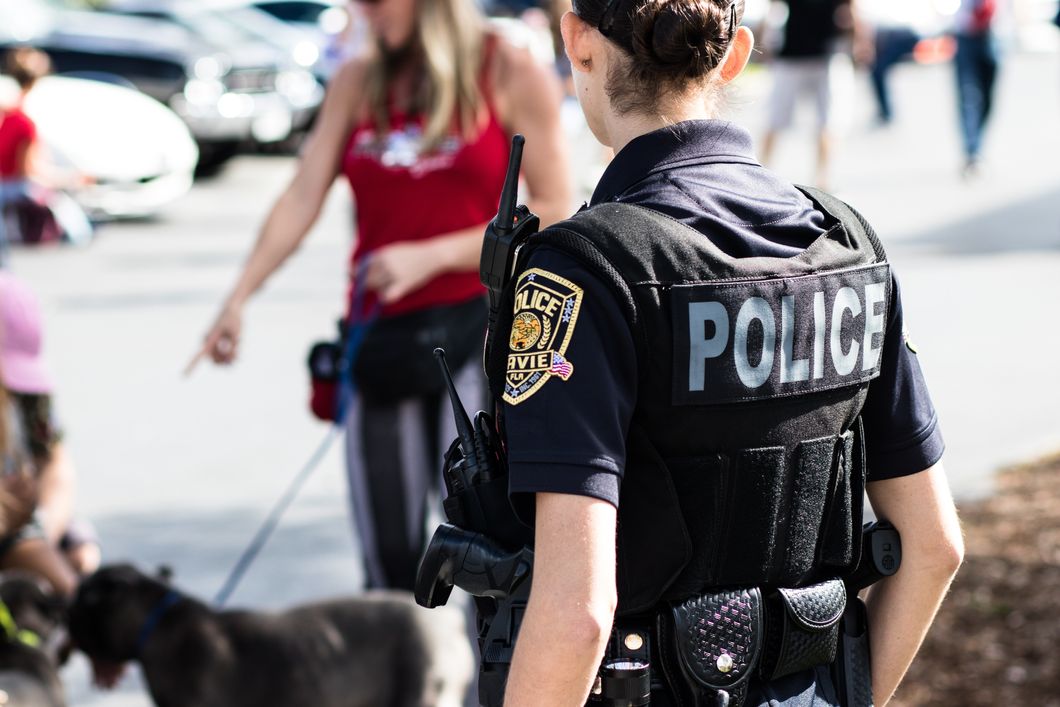Phoenix Police Department has gotten flack for the way an incident has gone viral. Parents pulled out at gunpoint over what appeared to be shoplifting by a four-year-old girl. The media has run with the story and the parents are suing for 10 million dollars. The video alone is hard to watch and makes some cringe because of how it was handled.
I am not going to debate how the police officers did their job. I am not a police officer. I do not know the law. What I do know is something that people often forget. The officers who responded did not just appear out of nowhere with their information. They were sent to the original location based on a call that went through their dispatch. In this case, the officers then made contact with someone who flagged them down for further information.
Dispatchers who are now rightly being recognized as first responders in Texas are on the front lines. They are taking the information straight from the callers and giving it to law enforcement in the field. The information that the dispatcher gathers and then gives out decides how the officers are going to respond.
It makes sense that law enforcement would base their response on the information they have. The only problem with this is that the information is not always reliable. Dispatchers do a great job of getting as much information in as little time as they can. They are often short staffed and working multiple things. They often have under a minute to decide how life-threatening and important a call is.
The key to all of this is the person who calls in. They are the link to the world. They are the one who provides law enforcement and dispatchers with the information they need. Generally, this means you have one person calling, the one who is being wronged. They tell the dispatcher how they are being wronged and what is going on. The dispatcher will ask questions to make sure that the officer is informed, can identify people who are involved and make sure that no one is in harm's way.
The more information the caller is able to give, the better it is for the dispatcher and the responding officer. Minimal information or forgotten information can escalate the call once law enforcement responds. It is not that the caller intends to not tell the truth. It is a moment of severe stress that may cause them to forget things that they may not realize are important. This is where the dispatcher comes in. The dispatcher will ask questions to help pull the information out. It can seem annoying in a time of stress, but it helps the overall goal.
When looking at a viral video of officers responding, remember that they are going based on the information given to them. The information they have is not in the viral video. When looking at a viral video of any situation it is good to remember that we don't have the entire story. There are two sides to every story and in this case, the jury will get to hear them both.



















